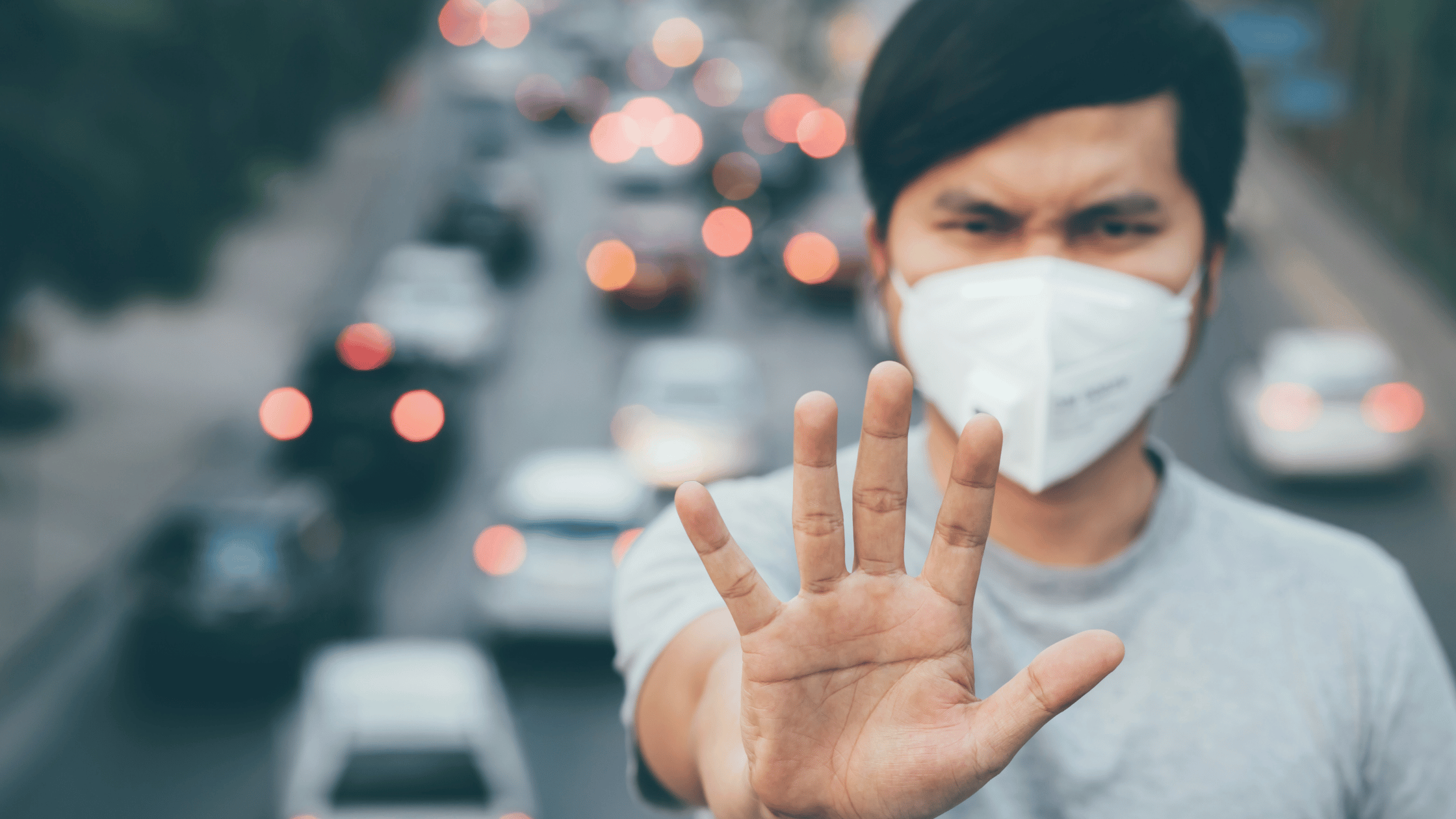Concern about air pollution is growing worldwide as it impacts various aspects of human health, including the eyes, which are sensitive and delicate organs. With the rise of urbanization and industrialization, airborne pollutants such as nitrogen dioxide (NO₂), particulate matter (PM2.5 and PM10), and volatile organic compounds (VOCs) have become significant contributors to eye-related conditions. This article examines the effects of air pollution on eye health and provides practical tips for protecting your eyes from harm.
How Environmental Pollutants Affect Eye Health
Airborne Particles and Dust
Tiny particles suspended in polluted air can physically irritate the eyes. These particles often settle on the conjunctiva, causing redness, burning, and irritation. Prolonged exposure to high levels of particulate matter can exacerbate pre-existing ocular conditions.
Chemical Pollutants
Chemicals such as NO₂ and VOCs can induce oxidative stress, inflammation, and ocular discomfort. They may also increase the risk of allergic reactions, resulting in watery and swollen eyes.
The Combined Effect of Pollution and UV Radiation
Harmful UV rays, amplified by urban smog, can penetrate air pollutants, increasing the risk of chronic conditions such as pterygium and cataracts.
Worsening Pre-Existing Conditions
Pollution exposure often aggravates symptoms of dry eye syndrome, conjunctivitis, and other allergies.
Common Pollution-Related Eye Conditions
1. Conjunctivitis
Known as “pink eye,” this condition involves inflammation of the conjunctiva due to allergens or irritants in the air. Symptoms include tearing, swelling, and redness.
2. Dry Eye Syndrome
Pollutants can disrupt the tear film that lubricates the eyes, leading to dryness, a gritty sensation, and blurred vision.
3. Pterygium
Prolonged exposure to UV rays, wind, and dust can cause “Surfer’s Eye,” a wedge-shaped growth on the conjunctiva.
4. General Irritation and Sensitivity
Airborne irritants can cause red eyes, a burning sensation, and sensitivity to light, making day-to-day life uncomfortable.

Protective Measures for Eye Health
Wear Protective Eyewear
- Sunglasses: Use snug-fitting sunglasses that block UV rays and shield your eyes from airborne particles.
- Safety Goggles: Wear protective goggles during outdoor activities or in highly polluted environments.
Maintain a Clean Indoor Environment
- Use air purifiers with HEPA filters to reduce indoor air pollution.
- Minimize outdoor air entry during high-pollution days while ensuring proper ventilation.
Monitor Air Quality
Stay informed about your local Air Quality Index (AQI) and limit outdoor activities when pollution levels are high.
Use Eye Drops and Stay Hydrated
- Drink plenty of water to promote natural tear production.
- Use preservative-free artificial tears to keep your eyes hydrated and to wash away irritants.
Practice Good Hygiene
- Wash your face and eyelids regularly to remove pollutants.
- Avoid rubbing your eyes, as this can worsen irritation and introduce additional contaminants.
Nutritional Support
Consume foods rich in antioxidants, such as vitamins C and E, and omega-3 fatty acids to combat inflammation and oxidative stress.
Regular Eye Check-Ups
Routine visits to an eye care specialist can help detect early signs of pollution-related damage and provide personalized advice.

Natural Remedies for Eye Irritation
- Cold Compress: Place a clean cloth soaked in cold water over your closed eyes to reduce inflammation and redness.
- Cucumber Slices: The cooling properties of cucumbers can help relieve puffiness and irritation.
- Tea Bags: Chilled chamomile or green tea bags have anti-inflammatory effects and can soothe redness.
- Aloe Vera Gel: A small amount of aloe vera gel applied around the eyes (avoiding direct contact) can reduce irritation and inflammation.
When to Seek Medical Help
While minor eye irritation can often be managed at home, persistent symptoms such as swelling, vision changes, or continuous redness should be evaluated by an ophthalmologist. Professional treatment may include prescription eye drops or other interventions to address underlying issues.
Wrapping Up
The connection between air pollution and eye health underscores the importance of preventive care. By understanding how pollutants affect the eyes and adopting protective measures, you can significantly reduce the risk of pollution-related eye problems. From wearing UV-blocking sunglasses to staying hydrated, every small step contributes to preserving your vision. If symptoms persist or worsen, consult an eye care specialist promptly to ensure optimal eye health amidst rising environmental challenges.





